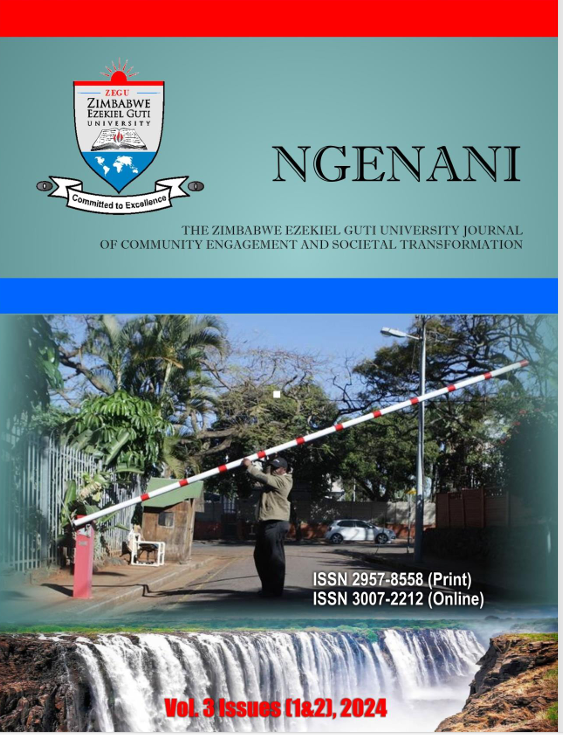Land-Use Planning and Social Ecology in the 21st Century
DOI:
https://doi.org/10.71458/x8938v55Keywords:
environmental problems, greenhouse gases, spatial planning, governance, stakeholdersAbstract
This article critically examines the intractable nexus between land use and social ecology in the 21st Century in a bid to strengthen sustainable development. This emanates from the view that human use of land has been changing Earth’s ecology for ages. Although land use has always sustained human civilisations, its ecological penalties cause global climate change. Methods engaged in collecting data for this review include secondary data analysis of relevant literature that answered the research topic. Results highlight that by converting Earth’s ecology, land use has factually paved the way for the Anthropocene. Now, a better future relies on land use approaches that can efficiently sustain people together with the rest of terrestrial environment on Earth’s limited land. Review concludes that it is, therefore, clear that realising food security and refining the quality of life, while conserving the environment, will continue to pose challenges to scientists, decision-makers and technicians in the years to come. It is well agreed that the wise use of land resources will play a role of supreme importance in the provision of food for future generations. Recommendations are, sensible Land-use Planning is a central tool to find an equilibrium among these different demands and guarantee agricultural production, while safeguarding the natural environs.




